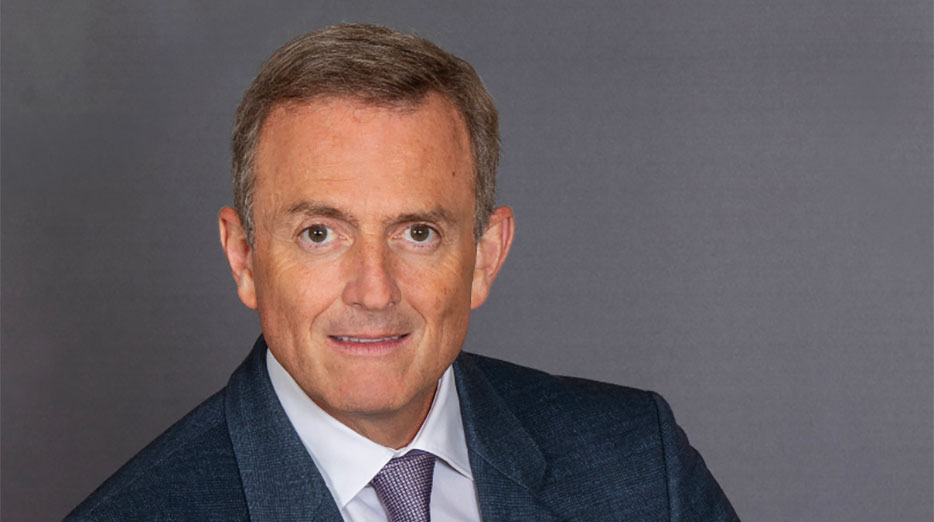
At the Blue Economy & Finance Forum (BEFF), held alongside the UNOC * in Nice, CFM Indosuez Wealth Management reaffirmed its commitment to the blue economy. As a partner of the event, the bank is highlighting the concrete actions it is taking to provide sustainable financing for oceans and coastal areas. Its CEO, Mathieu Ferragut, explains why finance can – and must – play a leading role in preserving this ecosystem.
We wanted to be part of this event because it is fully in line with our long-term commitment to sustainable finance. CFM Indosuez is a subsidiary of Indosuez and the Crédit Agricole Group, and our participation in BEFF is part of a collective approach, supported both locally and by several entities within the group: our parent company Indosuez, the investment bank Crédit Agricole CIB (Corporate Investment Bank), and Crédit Agricole SA.
This partnership reflects our desire to strengthen our position on issues related to the blue economy, a major component of Crédit Agricole’s societal project. The joint organization of the BEFF and UNOC in Nice is a strategic opportunity for us to become more involved in discussions on ocean sustainability.
Our commitment began in early 2020 with the signing of a partnership with the Oceanographic Institute. The aim was to work together to consider how a financial institution can channel capital into the blue economy. The blue economy remains complex to define and measure, but it encompasses the entire ecosystem of the seas, oceans and coastal areas, with a focus on sustainable growth.
Unlike the traditional economy, which is often based on extraction, the blue economy aims to strike a balance between development and resource preservation. It is this philosophy that echoes our societal commitments.
They are many and varied. They include fishing and aquaculture, marine biotechnology (used in particular in cosmetics and medicine), maritime transport, which is undergoing major changes in response to decarbonization challenges, coastal tourism, and the protection and regeneration of marine environments, including coral reefs.
In recent years, our priority has been to understand how to channel financing to these sectors, mobilizing both our expertise and our clients.
Our action is based on several pillars:
That’s a real question. To answer it, we rely on the expertise of our partners, such as the Oceanographic Institute and the experts at the Monaco Ocean Protection Challenge. They are the ones who evaluate and pre-select the projects. At the same time, players in the blue economy are working together to define a regulatory framework, and certain initiatives are emerging, such as the project to establish biodiversity credits specific to the marine environment.
They are mainly from western France, where the maritime economy is very important. That said, we are starting to strengthen ties with Monaco, particularly through our incubator and the StartUp Connections platform, which facilitates access for young companies to our investor clients and regularly liaises with Monaco Tech.
We offer two schemes:
Absolutely. Mutual funds allow for modest subscriptions, so all of our non-high net worth clients can invest in these themes. It is necessary to democratize sustainable investment, and in particular the blue economy.
In Monaco, the blue economy resonates particularly well. The geographical proximity and involvement of H.S.H. Prince Albert II and the public authorities all contribute to this. That said, on a European or global scale, interest in this ecosystem remains marginal, but very attractive.
Younger generations are very sensitive to sustainability issues. Their approach to investing often incorporates non-financial criteria. We need to offer them clear, accessible solutions that, above all, have a real impact.
We will play an active partner role. We will support certain clients to raise awareness, listen to experts, and connect project leaders with investors. A representative from our investment bank, Crédit Agricole CIB, will also speak on the topic: “Financing a regenerative and sustainable Blue Economy: Fuelling innovation and the blue transition through private investment.”
The key thing for us is to continue building a committed, coherent and credible financial ecosystem that serves to protect the oceans.